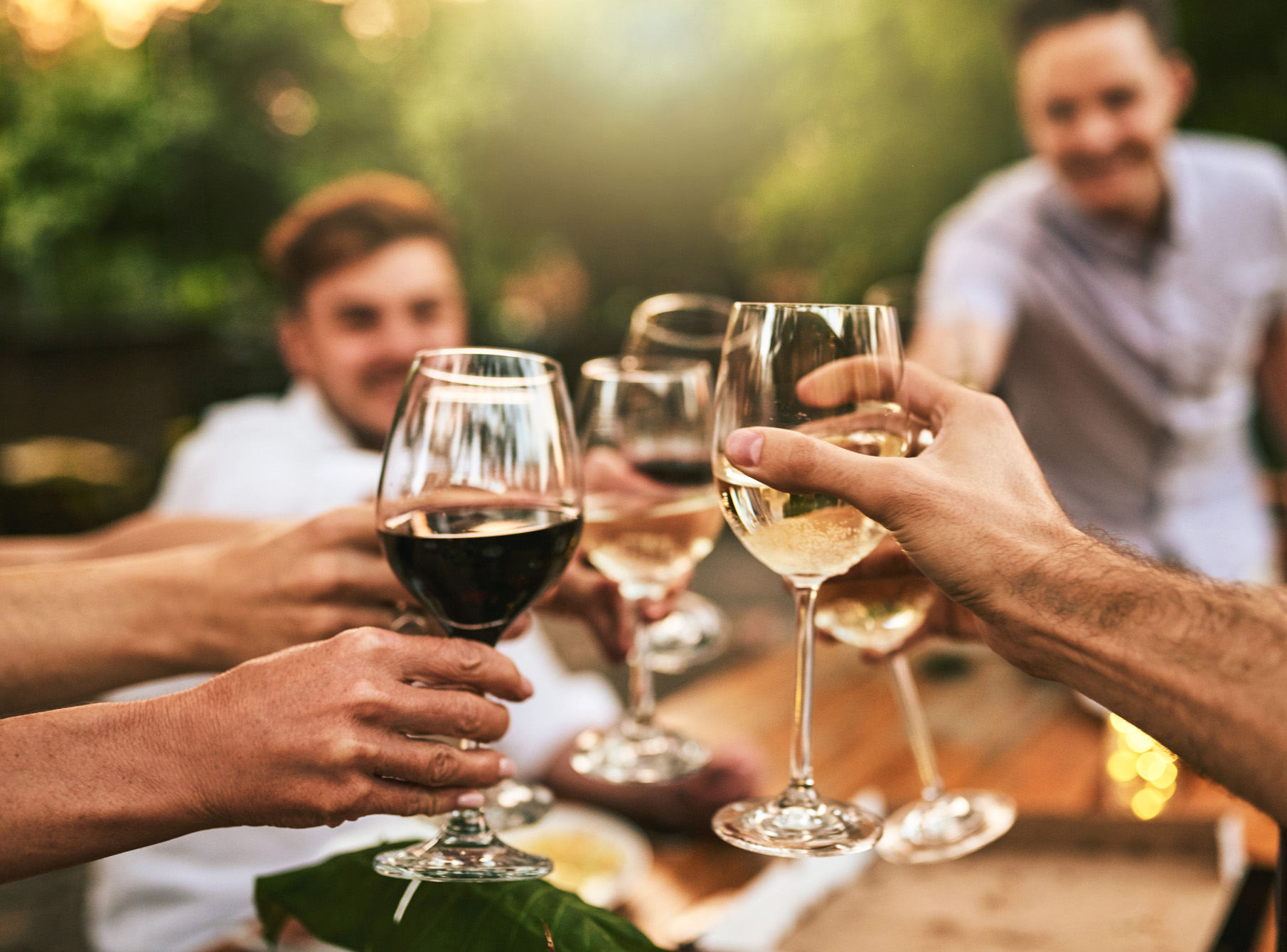 As you enjoy this festive season you better get an update on this old belief about drinks and hangover.
As you enjoy this festive season you better get an update on this old belief about drinks and hangover.
You probably hear of this tip: when drinking, never mix beer with liquor, or even weirder sayings like “never mix the grape and the grain”. But, is there any truth behind these pearls of wisdom?
According to Dr Michael Tam, a General Practitioner and Lecturer in Primary Care at the University of New South Wales, these myths are widespread and led people to think they can avoid a hangover if they just mix and drink the right way.
The truth is that it is not clear what causes hangovers. “We know that a heavy night of drinking can disturb your sleep, irritate your stomach and intestines, and leave you dehydrated and low on blood sugar. However, it’s unclear how much of the hangover is due to alcohol’s direct effect on the body and how much is attributable to after effects (such as alcohol withdrawal),” Dr Tam said in a news release.
Back in the 1970s, some research studies suggested that the key to understanding hangover were congeners, compounds produced during alcohol production that contribute to its flavour, smell and appearance. This led to the idea that drinks rich in congeners, such bourbon were more likely to give you a hangover, compared to drinks low in congeners, such as vodka.
But more recent work showed that congeners didn’t have much influence on a hangover or levels of intoxication. According to Dr Stephen Bright, Senior Lecturer of Addiction at Edith Cowan University, it is all about how much and how often. “Ultimately, experiencing a hangover and feeling sick while intoxicated is due to the amount of alcohol consumed and the time period it’s consumed over. A healthy adult body is only able to eliminate one standard drink (or 10 grams of alcohol) per hour,” Dr Bright said in a news release.
The principle is simple: if you are drinking more alcohol than your body is able to eliminate, you will get sick. Part of the problem has to do with our body’s mechanism of getting rid of alcohol, as the first step in metabolising alcohol involves the production of acetaldehyde, a toxic chemical.
But there is some truth to the issue with mixing and it involves the brain. “As we drink, alcohol increasingly leads to impaired decision making. So after a few drinks you are more likely to mix drinks and consume alcohol at a faster rate,” Dr Bright said.
“So, if you start drinking a beverage with high alcohol content (such as wine or spirits), when you change to drinking a beverage with a lower alcohol content (such as beer), you are more likely to consume more of the latter beverage and do so at a faster rate,” Dr Bright added. This is backed by research showing that as you consume more alcohol, you increasingly underestimate the number of drinks consumed.
Another fact-based problem with mixing involves energy drinks. Mixing energy drinks with alcohol leads to people not feeling as drunk as they would normally do when drinking the same amount of alcohol, but without the energy drink. “The stimulating effects of the caffeine in the energy drinks leads to a “masking effect”. People don’t feel as drunk, but their reaction time and motor skills remain impaired,” Dr Bright explained. This can cause problems, as reported in one review study that found a higher risk of injury from car accidents and fights in people who mixed energy drinks with alcohol, compared to those who drank just alcohol.
So, what is the take-home message? Hangovers likely come from having high levels of alcohol and acetaldehyde in the blood. Mixing drinks can make you less aware of how much you are drinking and lead you to drink more. Hence, this festive season, take it easy, and don’t over do it, and you will have a clear head next day to enjoy another day.

